Intro
Discover the latest on Covid risks, transmission, and vaccination efficacy, exploring if Covid is still dangerous, its long-term effects, and ongoing pandemic threats, to stay informed and protected.
The COVID-19 pandemic has been a major global health crisis for over two years, and its impact is still felt today. Despite the availability of vaccines and various treatments, COVID-19 remains a significant threat to public health. The virus has undergone numerous mutations, resulting in new variants that can spread quickly and evade the immune system. As a result, it is essential to continue taking precautions to prevent the spread of COVID-19 and to stay informed about the latest developments.
The COVID-19 pandemic has had a profound impact on individuals, communities, and economies around the world. The virus has caused widespread illness, death, and disruption to daily life, and its effects will be felt for years to come. However, with the development of effective vaccines and treatments, there is hope that the pandemic can be brought under control. It is crucial to continue following public health guidelines, such as wearing masks, practicing social distancing, and getting vaccinated, to reduce the risk of transmission and prevent the spread of COVID-19.
The ongoing pandemic has also highlighted the importance of global cooperation and preparedness in responding to public health crises. The rapid spread of COVID-19 has demonstrated the need for robust healthcare systems, effective communication, and international collaboration to share knowledge, resources, and expertise. As the world continues to navigate the challenges posed by COVID-19, it is essential to prioritize public health, support research and development, and work together to build a safer and healthier future for all.
Understanding Covid-19
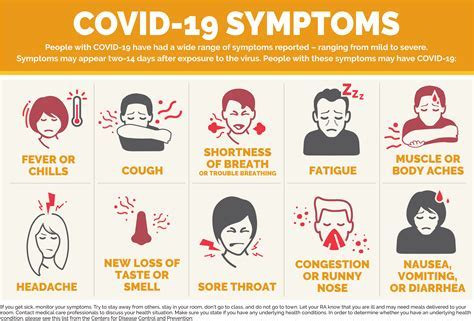
How Covid-19 Spreads
COVID-19 spreads through several routes, including: * Respiratory droplets: When an infected person talks, coughs, or sneezes, they release droplets that can contain the virus. These droplets can land on surfaces or be inhaled by others. * Contact with contaminated surfaces: The virus can survive on surfaces for several hours, and touching these surfaces can transfer the virus to the hands. If the hands are not properly cleaned, the virus can be transferred to the eyes, nose, or mouth. * Close contact with infected individuals: Being in close proximity to someone with COVID-19 can increase the risk of transmission.Covid-19 Variants
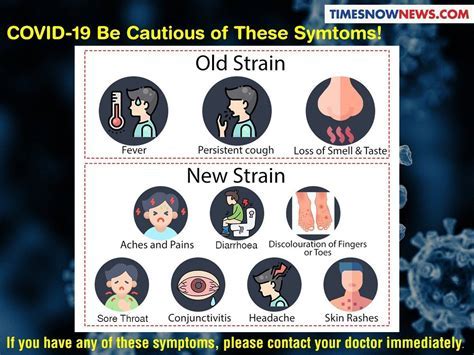
Impact of Covid-19 Variants
The emergence of new COVID-19 variants has significant implications for public health. The variants can: * Increase transmission: New variants can spread quickly, leading to a surge in cases and hospitalizations. * Evade the immune system: Variants can evade the immune system, making vaccines and treatments less effective. * Increase mortality: Some variants have a higher mortality rate, making them more deadly than the original strain.Covid-19 Vaccines
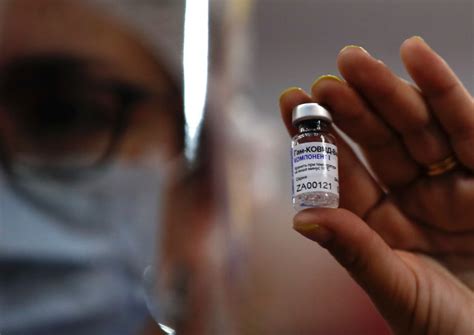
Types of Covid-19 Vaccines
There are several types of COVID-19 vaccines, including: * mRNA vaccines: These vaccines use a piece of genetic material called mRNA to instruct cells to produce a protein that triggers an immune response. * Viral vector vaccines: These vaccines use a weakened virus to deliver genetic material to cells, instructing them to produce a protein that triggers an immune response. * Inactivated vaccines: These vaccines use a killed or inactivated form of the SARS-CoV-2 virus to stimulate an immune response.Covid-19 Treatment
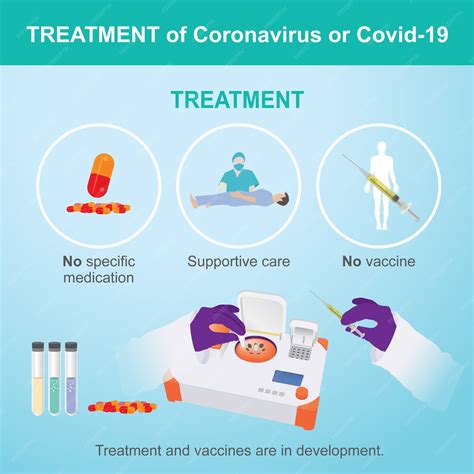
Covid-19 Medications
Several medications have been approved for the treatment of COVID-19, including: * Remdesivir: An antiviral medication that can help reduce the severity of symptoms and shorten the duration of illness. * Dexamethasone: A corticosteroid that can help reduce inflammation and prevent complications. * Tocilizumab: An anti-inflammatory medication that can help reduce inflammation and prevent complications.Prevention and Precautions
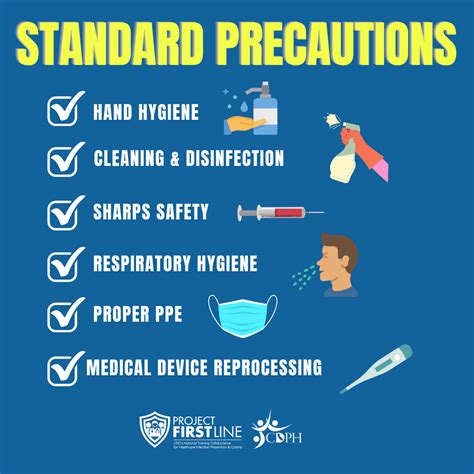
Covid-19 Prevention Tips
Some additional prevention tips include: * Avoiding close contact with infected individuals * Avoiding touching eyes, nose, and mouth * Avoiding sharing personal items * Cleaning and disinfecting surfaces regularly * Staying home when sickGlobal Response to Covid-19
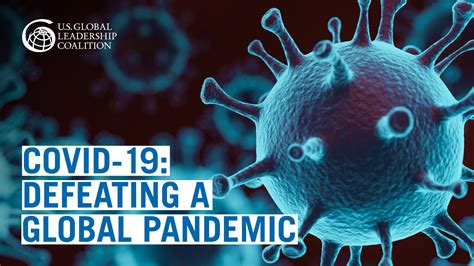
International Cooperation
International cooperation has been essential in responding to the COVID-19 pandemic. Some of the key international efforts include: * Sharing knowledge and expertise * Collaborating on research and development * Providing financial and technical assistance * Coordinating global responses and strategiesFuture Outlook

Covid-19 Research and Development
Ongoing research and development are essential for combating COVID-19. Some of the key areas of research include: * Developing new vaccines and treatments * Improving diagnostic tests and surveillance systems * Understanding the transmission and spread of the virus * Developing effective public health strategies and interventionsIs Covid-19 still a significant threat to public health?
+Yes, COVID-19 remains a significant threat to public health, and it is essential to continue taking precautions to prevent the spread of the virus.
What are the most effective ways to prevent the spread of COVID-19?
+The most effective ways to prevent the spread of COVID-19 include getting vaccinated, wearing masks, practicing social distancing, and washing hands frequently.
What are the symptoms of COVID-19?
+The symptoms of COVID-19 can range from mild to severe and include fever, cough, shortness of breath, and fatigue.
How can I protect myself and my loved ones from COVID-19?
+You can protect yourself and your loved ones from COVID-19 by getting vaccinated, wearing masks, practicing social distancing, and washing hands frequently.
What is the future outlook for COVID-19?
+The future outlook for COVID-19 is uncertain, but it is clear that the pandemic will continue to pose a significant threat to public health for the foreseeable future.
As we continue to navigate the challenges posed by COVID-19, it is essential to stay informed, take precautions, and support global efforts to combat the pandemic. By working together, we can reduce the spread of COVID-19, protect ourselves and our loved ones, and build a safer and healthier future for all. We invite you to share your thoughts, experiences, and questions about COVID-19 in the comments below, and to stay up-to-date with the latest developments and research on this critical topic.
